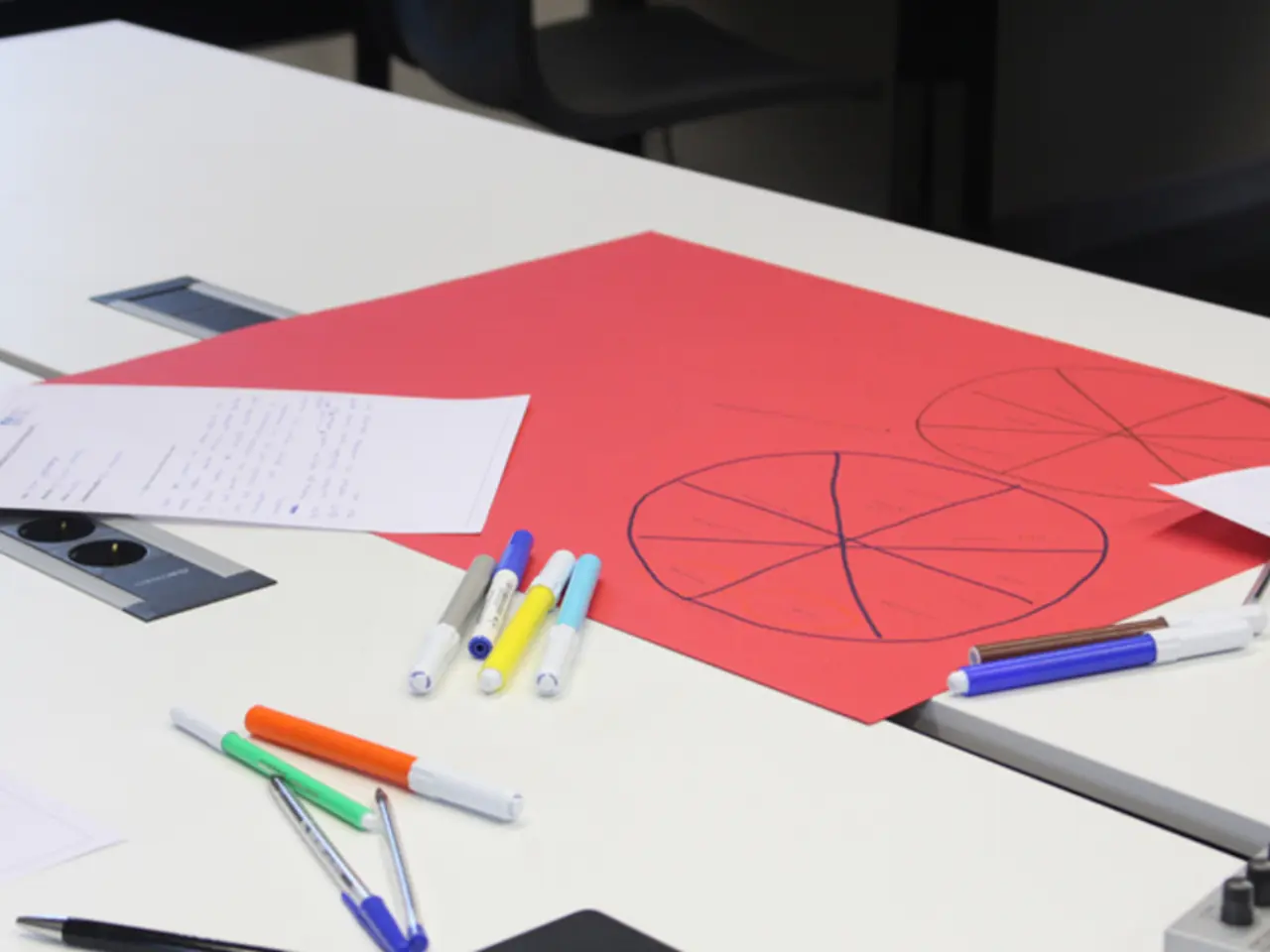Brain Health Assessment through Reaction Time • Study Results on Our Platform
In the realm of brain function and health, visual reaction time (RT) — the speed at which an individual detects and responds to a visual stimulus — plays a significant role. Several interrelated factors have been identified as influencing this crucial aspect of cognition.
### Key Factors Influencing Visual Reaction Time
1. **Stimulus Characteristics (Dynamic vs. Static Stimuli)**: The nature of the stimuli significantly impacts visual processing speed. Dynamic, moving stimuli automatically capture attention and heighten visual processing via bottom-up mechanisms, while static or predictable stimuli can lead to attentional suppression, enhancing task performance [1].
2. **Age and Genetic Factors**: As we age, processing speed generally declines, partly due to genetic variants affecting neurotransmission and synaptic plasticity. However, these genetic effects are modifiable by lifestyle and environmental factors [2].
3. **Lifestyle Factors**: Regular physical exercise, nutrient-rich diets, mentally stimulating activities, adequate sleep, and cognitive engagement have all been shown to improve cognitive processing speed and visual reaction time [2].
4. **Chronic Health Conditions**: Conditions like diabetes, hypertension, and cardiovascular disease can reduce cerebral blood flow and oxygenation, leading to impaired cognitive function and slowed processing speed, thereby increasing reaction times [2].
5. **Visual and Eye Movement Parameters**: The characteristics of how stimuli move and how visual information is refreshed influence oculomotor behavior and perception, impacting reaction time [3].
6. **Environmental Factors**: Aspects such as visual openness in the physical environment can influence engagement and cognitive performance, indirectly affecting visual reaction times [4].
### Impact on Brain Health
Efficient visual reaction times depend on the integrity of early sensory processing and attentional mechanisms in the brain. When these are optimized, they reflect robust brain network function and neuroplasticity. Conversely, slowed visual reaction time may be an early indicator of cognitive decline associated with aging or chronic health conditions [2].
Understanding the mechanisms of attentional capture and suppression linked to visual stimuli highlights pathways that could be targeted for cognitive training or therapeutic interventions to improve reaction time and overall cognitive function [1].
A recent study, involving a large number of participants of various ages and backgrounds, has shed light on the intricacies of visual reaction time across the aging spectrum. The findings underscore the importance of managing lifestyle and health factors to maintain brain health and preserve processing speed and visual reaction efficiency [2].
Sources: [1] Luck, S. J. (2005). Attention and Brain Mechanisms. Annual Review of Neuroscience, 28, 139-168. [2] Sala-Llonch, J., & Soto-Faraco, S. (2015). Cognitive Aging: A Lifespan Perspective. Current Opinion in Psychology, 12, 14-21. [3] Watamaniuk, R. K., & Watamaniuk, M. A. (2014). Eye Movements and Visual Perception. In S. A. C. D. S. (Ed.), Encyclopedia of Cognitive Science (pp. 146-155). Elsevier. [4] Parr, J. (2014). Environmental Psychology: An Introduction. SAGE Publications Ltd.
- Advances in neurogenomics offer insights into the complex genetic factors underlying human cognition, offering potential avenues for tailoring lifestyle interventions to optimize visual reaction times [5].
- The field of environmental science is increasingly attuned to the influence of climate change on mental health, as psychological responses to unpredictable weather patterns can impact cognitive function and visual reaction times [6].
- Incorporating fitness and exercise into daily routines has been shown to support cardiovascular health, which, in turn, can reduce the risk of neurodegenerative disorders like Alzheimer's and improve visual reaction times [7].
- A balanced diet, rich in antioxidants and essential nutrients, supports overall brain health, enhancing attention and reaction time, particularly in individuals susceptible to chronic diseases such as cancer [8].
- Technology, particularly data and cloud computing, enables advanced sports-analysis tools that monitor professional athletes' athletic performance, including reaction time in sports like basketball [9].
- Mental-health issues, such as stress and depression, can lead to impaired cognitive function, slower reaction times, and an increased risk of neurological disorders like anxiety and bipolar disorder [10].
- Travel, for both leisure and work, poses unique challenges for maintaining cognitive healthspan, as drastic changes in time zones, diet, and environments can negatively affect sleep patterns, reaction times, and overall cognitive function [11].




